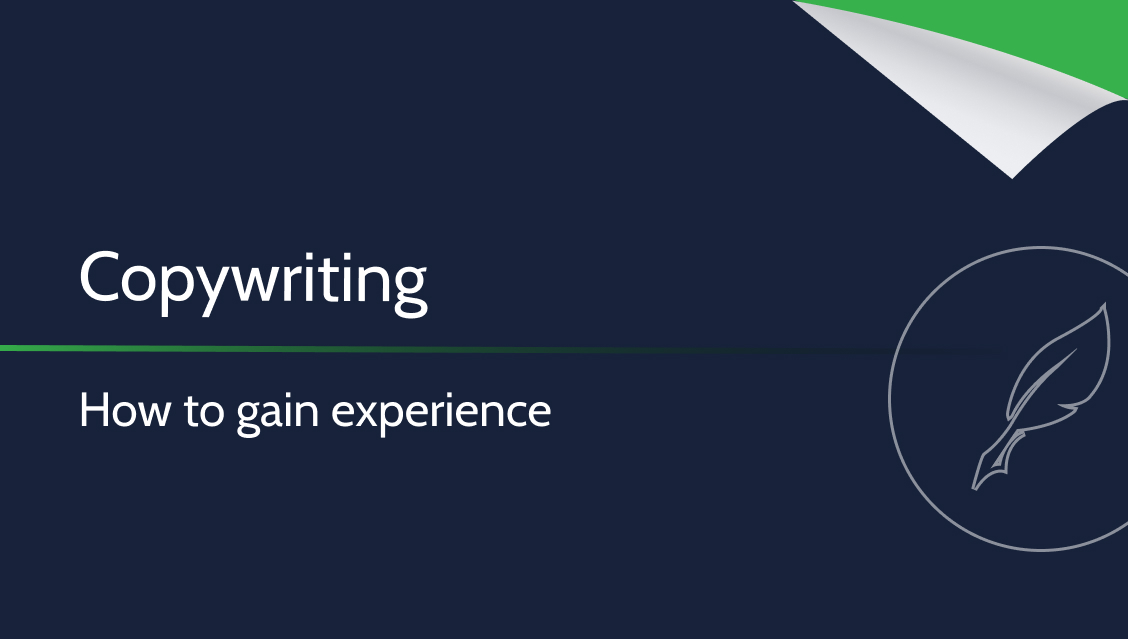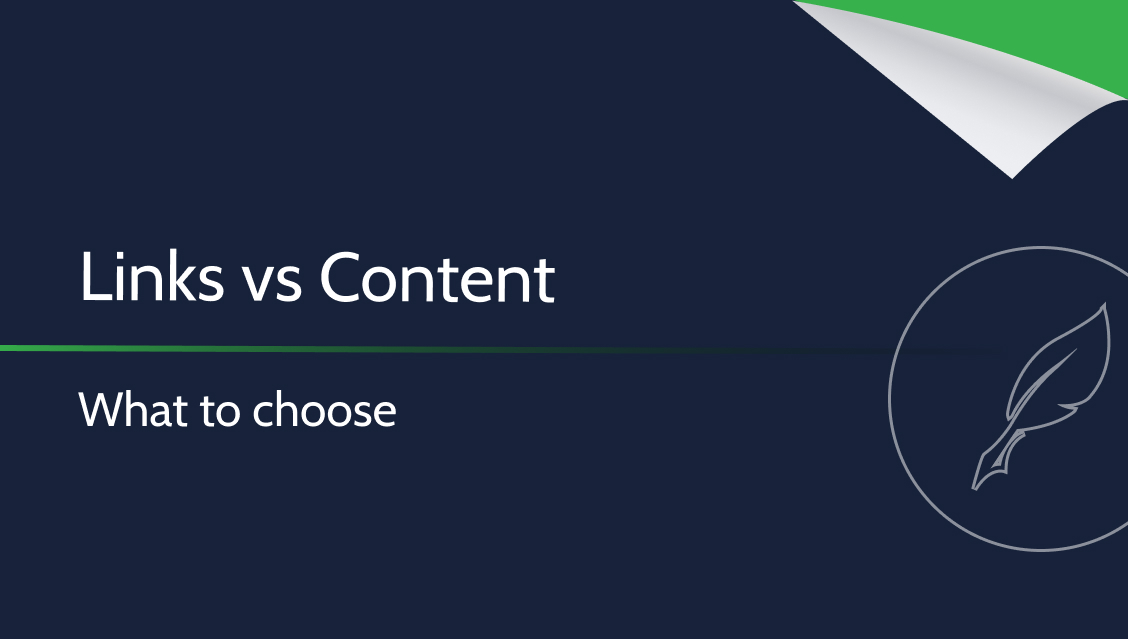How to effectively position your blog: a guide for beginners

Blogging has been around for a long time, although its profile has changed significantly over the last few years – once it was a job for hobbyists, now it can become a full-time source of income. However, for this you need a few tricks that we will describe in this text.
What is blog positioning?
Positioning is a term referring to all activities in the field of SEO, i.e. search engine optimization (“search engine optimization”). This is a series of activities that, if performed on a regular basis, will allow our blog to appear above other search engine results.
Hardly anyone visits further pages of search results than the first, or possibly the second – that’s why it’s so important to be on them.
The activities we mentioned are related to the appropriate adaptation of the content (i.e. content) on our website to the requirements of Google search. Unfortunately, there is a snag – not only are there (probably) several hundred of them, but also most of them are classified. They are strongly related to the very structure of the world’s most popular search engine, which will not make its code publicly available. For this reason, optimization is a bit like playing ships without the reaction of the second player, who informs us whether we hit or not.
You should also be prepared that this process must take time – it is not possible to build your “search engine” reputation in a week or a month. Optimization is a long-term process, but this word also contains its greatest advantage – in addition to being a long process, it is also a permanent process. If we lay solid foundations under it, we will enjoy constant results.
Where to start positioning?
Regardless of whether you already have a blog on some platform or are just about to create one, it is worth considering using CMS platforms. To explain what they are, without going into IT details, we will use the following metaphor – these are tools that provide users with elements (let’s say “building blocks”), each of which can build their own website according to one of the available schemes (some even allow their own personalization). Such programs have several advantages:
- enable quick and free creation of any website;
- have a number of tools that will facilitate further processes described in this text;
- have a high reputation among Google verification algorithms, for which the level of website trust is one of the key optimization factors.
Therefore, regardless of whether we already have a blog or just want to have it, it is worth “moving” or starting with one of the largest CMS platforms.
The most important thing you need to remember
In this text, we will not deal strictly with writing (we have already written about creating a good blog), but it so happens that the most important element of optimization is directly related to it – specifically the stylistic and substantive aspect of our content.
Namely, our texts must be original, comprehensive, comprehensive, linguistically correct and substantive. It is necessary to say a firm no to vagabondage and short texts without any valuable information.
Google has really advanced natural language processing algorithms and can very efficiently assess whether a given text (and in a broader scope – whether the page as such) presents readers with content that will contain the answer to their queries (or, as Google puts it, the intention search). If we are discussing a topic, let’s take care of its comprehensive discussion. Google values pages that answer most related questions within one text, so such an article has a better chance of being ranked high.
Ensure a constant supply of content
Of course, it is equally important to publish materials regularly. Activity on our website is an important element that the search engine pays attention to. After all, if the website is constantly developed, the owners care about its development – this is a simple and true conclusion.
Naturally, everything we publish must comply with the requirements mentioned in the first bullet point. If we flood our page with 1500 words every day, we will not achieve rather impressive results.
It is worth drawing up a publication plan at the very beginning, which will definitely facilitate future activities. Especially when there will be a lot of content, and we will not be sure whether a given topic has not been discussed before.
When it comes to the frequency of adding articles, there is no fixed and rigid time frame. Preparing substantive content is not something that can be done in an hour, which is why quality should be our main determinant. However, to give an example at the beginning, it is worth publishing 3-6 entries a month. This should give us enough time to commit to each one diligently, while still remaining regular.
Enrich your texts with SEO elements
It may seem strange that we are only mentioning this issue – which is probably understood by many as synonymous with optimization – only now. However, a blog article is not a landing page, its recipients are primarily real readers, not Google robots. SEO elements must exist, but we are mentioning them only now to draw attention to the two previous points, which play an equally important role.
Our texts should respond to the aforementioned search intention – for this reason, it is necessary to determine what the thematic scope of our website is and what questions we can answer exhaustively. After gathering this information, we are able to put ourselves in the role of a potential user and think about what he is typing into the search engine to find us – or for what words entered in the search engine we would like to be found.
For this purpose, a number of tools have been created, including Google Keyword Planner, Answer The Public, Mangools, Ahrefs, etc. The largest ones – and offering the most comprehensive services – are paid, but we can also find free ones that are completely sufficient (even the first of the above-mentioned ones) .
See also
Take care of the appropriate structure of the content on the page
This point will become important when we already have a lot of texts (or when we already have a thriving blog that we are trying to “bump up” in the search engine). Google analyzes the content of the page to understand what its main thematic scope is. So he knows when and to whom to show it. We can facilitate this journey through the meanders of our articles by using a specific linking scheme. This is done according to the concept of the so-called cornerstone of content and we recommend reading it not only when we start to get lost in our own content, but also in advance to introduce transparency and order to our blog from the very beginning.
Does blog positioning end there?
Of course not. The above tips, in accordance with the assumption adopted at the beginning of the text, should be of use to beginners. The issue of SEO takes into account many more factors than those we have listed.
As we mentioned, the effects should not be expected overnight. Building the trust of a website is a long and arduous process. Fortunately, its effects – when we see them – will be permanent and will allow us to constantly increase the popularity of the site.
Summary
- Positioning a blog are activities aimed at ensuring it a higher position in the search engine for a given phrase – and for a long time;
- The key to gaining a high position is substantive and original content;
- Articles should be written based on topics related to the keyword that is important to us;
- Content should be published regularly, but each time you should ensure its appropriate quality.
















Leave a Reply